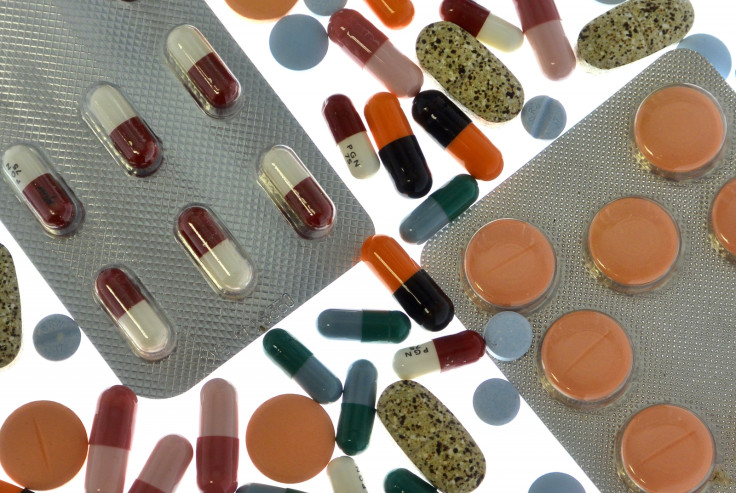Scientists Develop Possible Alternative to Antibiotics

A team of international scientists have tested a new substance which they hope will be a new way of treating severe bacterial infections without the need for antibiotics, thus preventing a build-up in resistance to the drugs.
The substance, developed by the University of Bern, is made up of liposomes, engineered artificial nanoparticles made from lipids, which closely resemble host cells within the body.
The liposomes act as artificial "bait" for bacterial toxins, attracting and then neutralising them.
Without the toxins, the invading bacteria are rendered defenceless, allowing the body's immune system to take care of the rest.
"We have made an irresistible bait for bacterial toxins. The toxins are fatally attracted to the liposomes, and once they are attached, they can be eliminated easily without danger for the host cells," said Eduard Babiychuk, the study's leader.
"Since the bacteria are not targeted directly, the liposomes do not promote the development of bacterial resistance," adds Annette Draeger, co-developer of the new substance.
So far, the liposomes have only been tested on mice, which were infected with a dose of fatal septicaemia.
The animals were able to fight off the infection and survive after being treated with the liposomes, without the need for further antibiotics.
Ever since the development of penicillin nearly 90 years ago, antibiotics have been the go-to treatment for bacterial infections.
However, according to the World Health Organisation (WHO), there are more and more bacteria emerging which have a resistance to the drugs, and an alternative has been needed for a long time.
Scientists are hoping that the new treatment could help prevent the build-up of antibiotic resistance, because if antibiotics can no longer provide protection, even the smallest of infections could kill someone.
© Copyright IBTimes 2025. All rights reserved.



















